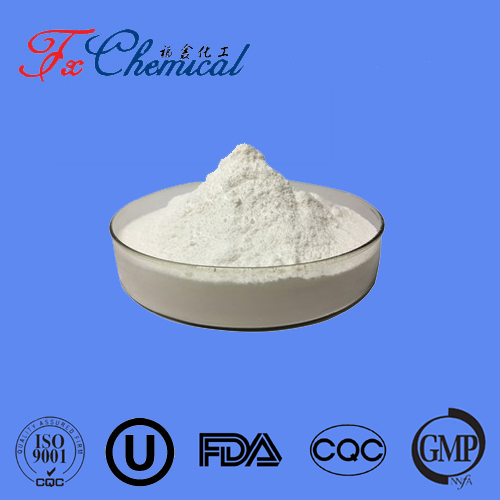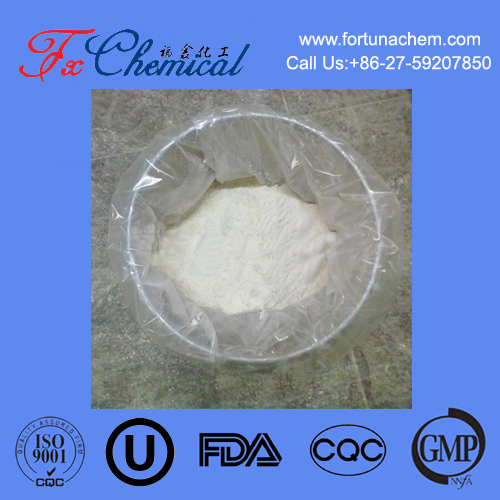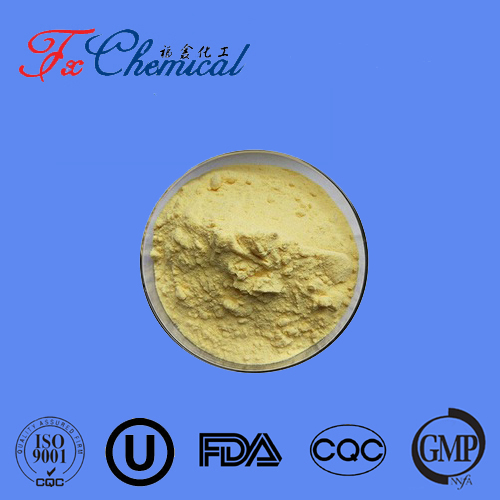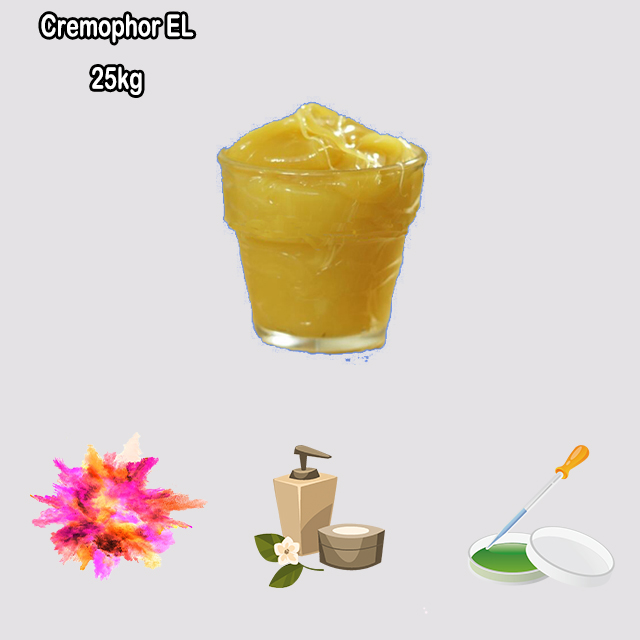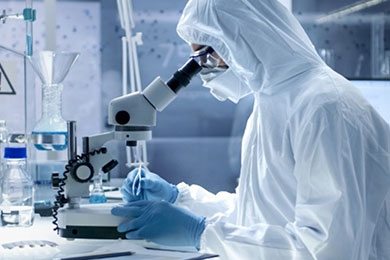
Search

Search

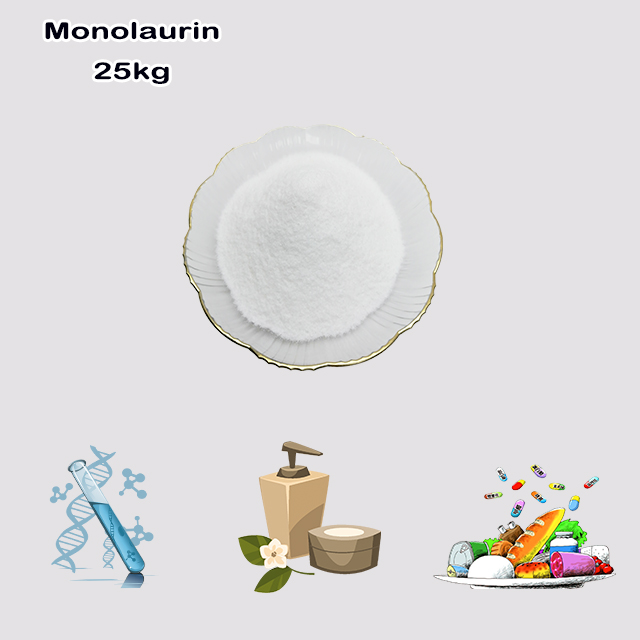
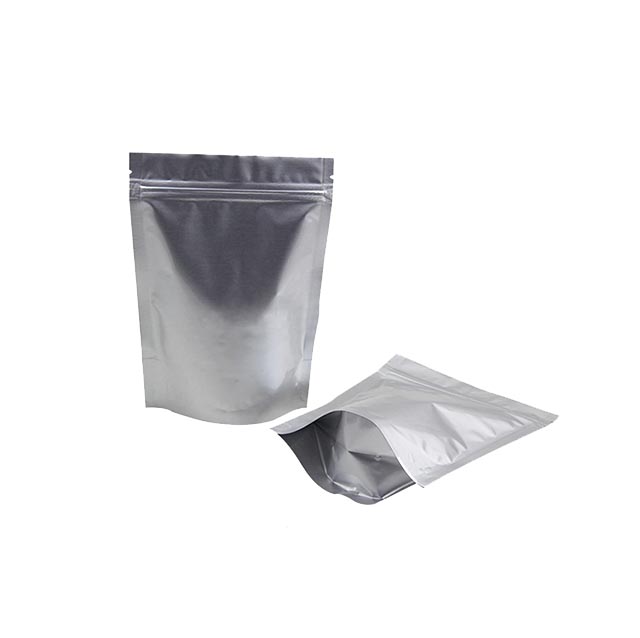
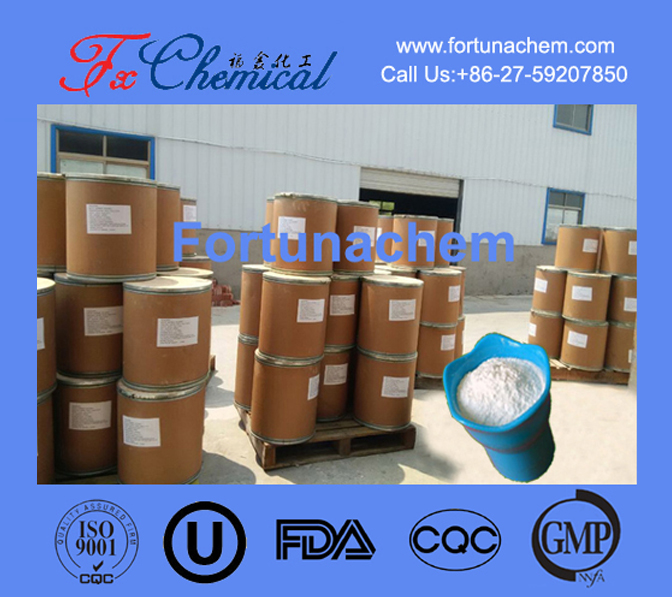
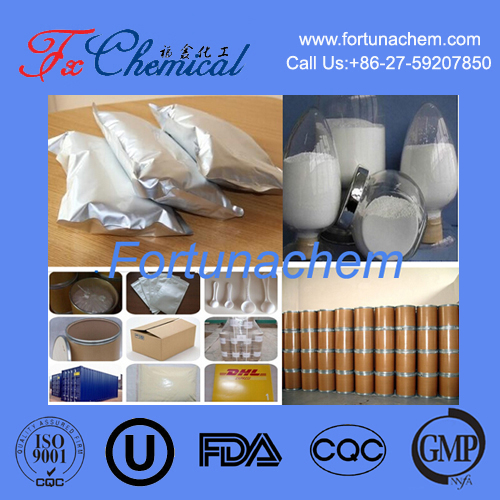
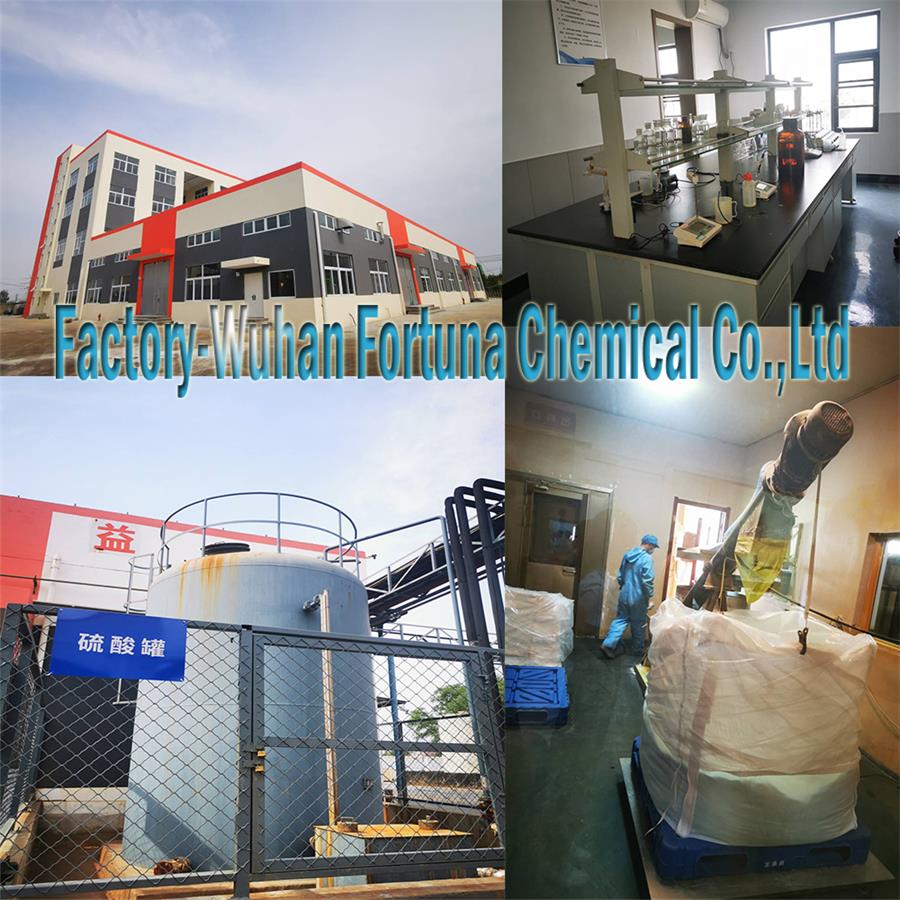





Monolaurin is a natural compound derived from lauric acid, found abundantly in coconut oil and human breast milk. It's formed by attaching lauric acid to glycerol.
It's primarily known for its potent antimicrobial properties. Research (mostly lab and animal studies) shows it disrupts the fatty membranes of enveloped viruses (like flu, herpes), certain bacteria (including some Staph and Strep strains), and yeasts/fungi (like Candida).
Used as a dietary supplement for immune support and combating infections, it's generally considered safe but not a substitute for medical treatment. More human studies are needed to confirm its efficacy for specific conditions.
Monolaurin is a monoglyceride (a type of fat) derived from lauric acid. Lauric acid is a medium-chain fatty acid found abundantly in:
Coconut oil (the richest natural source)
Palm kernel oil
Human breast milk
Monolaurin is formed when lauric acid is attached to a glycerol molecule. It's available as a dietary supplement (often in capsule or powder form) and is also used in some food processing and cosmetics for its emulsifying and antimicrobial properties.
Key Properties and Potential Benefits (Based on Research - Primarily In Vitro/Lab & Animal Studies):
Monolaurin is primarily studied and promoted for its potent antimicrobial and immune-supporting properties. Its proposed mechanism of action includes:
Disrupting Microbial Membranes:
It's thought to dissolve the lipid (fatty) membranes/envelopes of certain viruses, bacteria, and fungi.
This disrupts their structure, prevents their attachment to host cells, and ultimately kills them or inhibits their replication.
Targeting Enveloped Viruses: It appears particularly effective against enveloped viruses (viruses with a fatty outer coating), such as:
Influenza (flu)
Herpes simplex virus (HSV-1 & HSV-2)
Cytomegalovirus (CMV)
Epstein-Barr virus (EBV)
Measles virus
Some coronaviruses (in lab studies)
HIV (in lab studies)
Antibacterial Activity: Shows effectiveness against certain Gram-positive bacteria (which have a simpler cell wall structure), including:
Staphylococcus aureus (including some MRSA strains in lab settings)
Streptococcus species (including Group B Strep)
Listeria monocytogenes
Helicobacter pylori (associated with ulcers)
Clostridium difficile (C. diff)
Antifungal & Antiycast Activity: Active against some yeasts and fungi, such as:
Candida albicans (common yeast)
Various ringworm fungi
Biofilm Disruption: Some research suggests it may help break down protective biofilms formed by bacteria and fungi, making the microbes more vulnerable.
Potential Uses (Often Anecdotal or Based on Preliminary Research):
Immune System Support: Especially during cold and flu season.
Combating Viral Infections: Supporting the body's fight against colds, flu, herpes outbreaks, etc.
Addressing Bacterial Infections: Supporting treatment for bacterial overgrowths (like SIBO), skin infections, or throat infections.
Fighting Yeast Overgrowths: Such as Candida.
Skin Health: Used topically or internally for acne, eczema, or fungal skin infections.
Gut Health: Potentially modulating gut microbiome balance.
Important Considerations & Cautions:
Research Status: While in vitro (test tube/lab dish) and animal studies show significant promise for monolaurin's antimicrobial effects, robust human clinical trials are limited. More high-quality human studies are needed to confirm efficacy and establish optimal dosages for specific conditions.
Not a Substitute for Medical Treatment: Monolaurin should NOT be considered a replacement for proven medical treatments like antibiotics or antivirals prescribed by a doctor for active infections. It's often explored as a complementary or supportive therapy.
Mechanism Specificity: Its effectiveness is largely tied to its ability to disrupt lipid membranes. It's generally less effective against non-enveloped viruses (like norovirus, poliovirus) and Gram-negative bacteria (like E. coli, Salmonella - which have a more complex outer membrane).
Safety:
Generally considered safe for most people at recommended doses, as it's derived from natural sources (coconut oil, breast milk).
Potential side effects are usually mild and gastrointestinal (e.g., nausea, stomach upset, diarrhea), especially when starting or at higher doses. Starting with a low dose and increasing gradually can help.
Safety during pregnancy, breastfeeding, or for young children hasn't been thoroughly established – consult a doctor.
As with any supplement, potential interactions with medications exist. Consult your healthcare provider before starting, especially if you have underlying health conditions or take medications.
Supplement Quality & Regulation: The supplement industry is not as strictly regulated as pharmaceuticals. Choose reputable brands that provide third-party testing for purity and potency.
In Summary:
Monolaurin is a compound derived from lauric acid (found in coconut oil and breast milk) with strong in vitro evidence for broad-spectrum antimicrobial activity against various enveloped viruses, bacteria, and fungi. It works primarily by disrupting the lipid membranes of these pathogens. While it holds significant promise and is widely used as a natural supplement for immune support and fighting infections, more human clinical trials are needed to fully confirm its effectiveness for specific conditions in people. It should be used as a complementary approach, not a replacement for conventional medical care, and under the guidance of a healthcare professional.
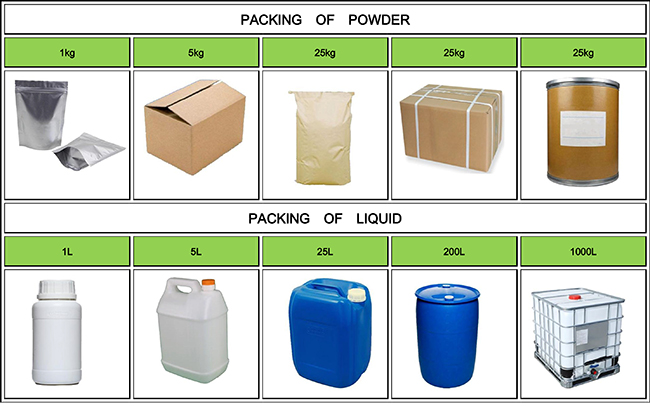

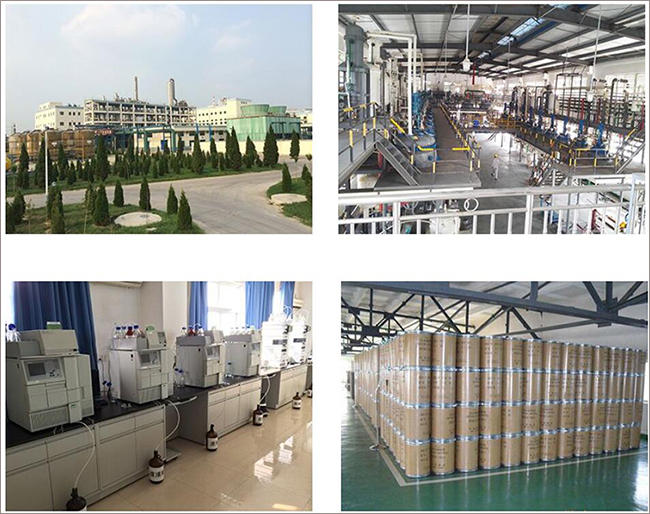

Fortunachem Provides Not Only Professional Chemical Products But Also Professional Help
Keeping you up-to-date with all the latest information, news, and events about Fortunachem!

Quick Links
Add:
E-mail:
 English
English  Español
Español  français
français  العربية
العربية 